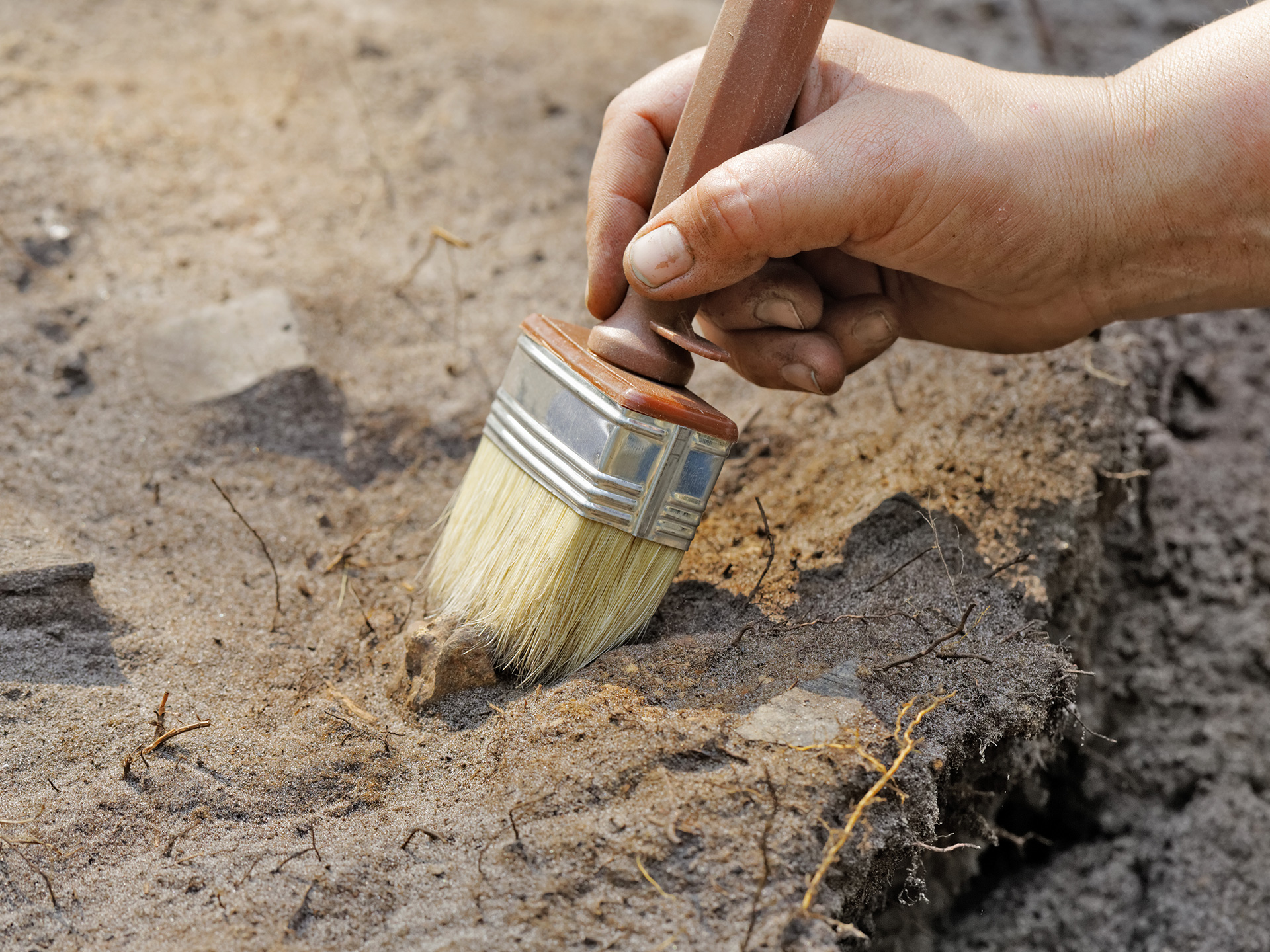


AFA
AFA dedicates its activities to the management of cultural heritage.
We discover what you don't see through our personalized archeology services and we take care of what you see in our professional conservation and restoration projects.
Founded in 2014, AFA's mission is to always provide a positive response to our customers by finding solutions for the management of cultural heritage. We operate in various areas of heritage with technical and human resources of excellent quality and within the standards required by regulatory bodies.
Current projects

AFA.2018.01974_TRUSTENERGY Wind Park Post-AIA Process - Environmental Tester (VA)

AFA.2018.0198_RAPOSEIRA Wind Park Post-AIA Process - Environmental Verifier (VA)

AFA.2018.0199_Completion contract for Electrification and RIV of the Caide - Marco section of the Douro line

AFA.2018.0200_São João das Lampas - Sintra

AFA.2018.0201_Scoup n 'Dough - Rua das Portas de Santo Antão, 76-82 - Lisbon

AFA.2018.0204_Parque Eólico Marvila II, Parish of São Mamede - Batalha

AFA.2018.0208_Work to open a trench for low voltage grid in Travessa de Santa Clara - Santarém

AFA.2018.0209_Housing with 2 Fires / Walls

AFA.2018.0210_Urban System of the Commercial and Surrounding Axis of the Avenida Heroes de Angola (PEDU) - Strategic Plan for Pluvial Drainage for the Left Bank of the City of Leiria

AFA.2018.0211_Square Sa da Bandeira-santarem

AFA.2018.0212_SILVES PHOTOVOLTAIC CENTRAL

AFA.2018.0214_Central Solar_FUNDÃO

AFA.2018.0216_Building Rehabilitation Located at Avenida Luísa Todi, nº348 - Setúbal

AFA.2019.0217_Alteration and Extension of a Building, located at Rua do Almada, no. 396-398 - Porto

AFA.2019.0218_Construction of the South and Southeast Station - Lisbon

AFA.2019.0219_PIP for Housing Building Construction in Vila Nova de Cerveira

AFA.2019.0221_Reconstruction and Extension of Building located in Travessa do Passeio Alegre, 2 to 6 - Porto

The AFA at the 17th International Symposium on Dental Morphology (ISDM) and 2nd Congress of the International Association for Paleontology (IAPO), held in the city of Bordeaux, France.
The AFA at the 17th International Symposium on Dental Morphology (ISDM) and 2nd Congress of the International Association for Paleontology (IAPO), held in the city of Bordeaux, France. An AFA team presented the case of grave 255 of the archaeological intervention "Recovery and Extension of the Church of Travanca in Santa Maria da Feira", project AFA.2015.0087.
Read MoreSEE ALL THE PUBLICATIONS >

Archaelogical Licensing and Survey
Specifications notebook preparation
Teste Pitting
Archaeological Excavation
Watching Brief
Work Inspection
Landscape Survey
Environmental Impact Assessment
Characterization reference situation
Reference Characterization of Cultural Heritage inserted Environment Dossier
Detailed Plans, Municipal Master Plans, Archaeological Letters
Management and Coordination Project
Physical and Biological Anthropology
Archaeological Drawing
Data Base
Treatment and Studies of Artefact

Asset Management
Museological Projects
Study and Inventory of Collection
Archaeological Circuits and Heritage Tourism
Preparation of promotion projects, dissemination and promotion of endogenous resources
Signage Solutions in Archaeological and heritage sites

Desk Based Assessments
Planning Advice & Research

Conservation Services
Assessment and Diagnosis
Archaeological Artefact
Archaeological structures

Asset Education
Thematic Sections in Schools
Archaeological Simulation Workshop
Experimental Archeology Workshops
FAQ'S
Archaeological licensing is part of the specialties of a project. Without the approval of this specialty the project is not licensed.
Underlying this legal guideline is the principle of “pay-off”, that is, costs are the responsibility of those who promote the urban intervention that will affect the archaeological heritage, as well as any other specialty of the project.




